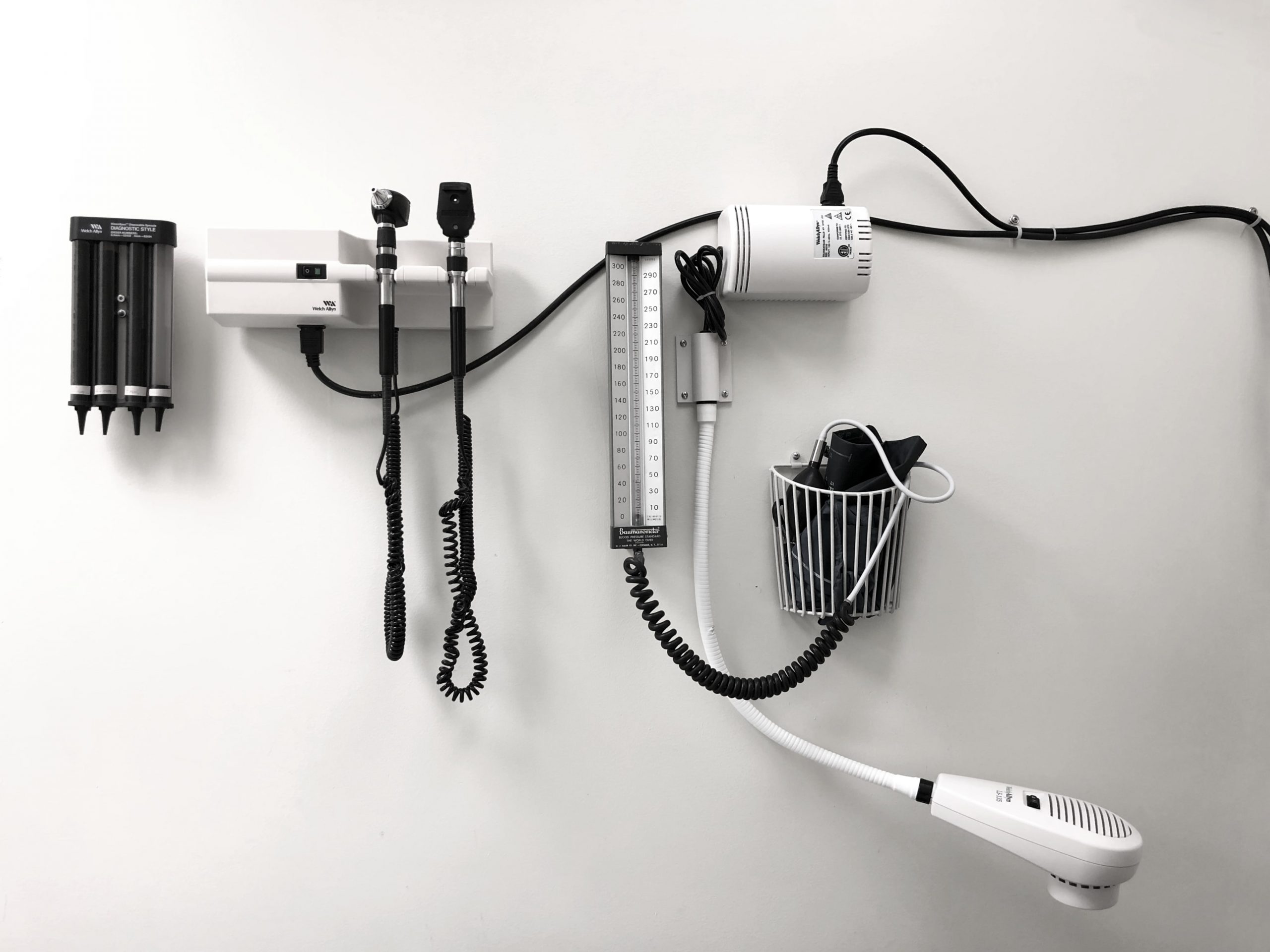Even I don’t like to go to the gynecologist. Sometimes, my patients would volunteer the idea that since I was a gynecologist, maybe I didn’t even need to go, or if I did, that it wouldn’t bother me as much. Um, even in my younger, more limber days, I did not possess sufficient dexterity to do my own pap smear. Heavens, just trying to envision how that might work twists my brain into a pretzel. Actually, just like my patients, I worry that the doctor will find something bad, and if I don’t go, something bad could get worse. Of course, in our rational moments, we know that not receiving a diagnosis doesn’t mean that the problem doesn’t exist. Wishing a bump, lesion, or pain away is rarely, if ever, successful. Like most of us, I’ve tried!
My patients expressed many reasons for delays in making their appointments. They were too busy with work, their kids, their parents; fear of an uncomfortable exam; being apprehensive about questions that could/would be asked; and wishing to avoid an undesired reckoning with the reality of the scale. These obstacles can usually be surmounted with prioritization, reassurance, discretion, and a caring, supportive, and collaborative environment.
There are 2 barriers to accessing healthcare, however, which should never occur, particularly in a developed country in the 21st century. One is a patient’s fear of rejection based on any aspect of their identity or sexual orientation. Seared into my memory is a young woman, vulnerable in her flimsy paper gown and seated apprehensively on my exam table. She asked if I would accept her as a patient, since she was a lesbian. The idea of rejecting such a patient in need of medical services had never occurred to me, and it made me both sad and furious that her experiences with the medical system had led her to ask that question. I reassured her that I would be more than happy to continue as her physician, and that I would do everything in my power to make her visit a positive one. Discrimination on the basis of racial, ethnic, religious, economic, gender, or sexual identity has no place in healthcare (or anywhere else for that matter) and should not be tolerated. If you feel discriminated against by a staff member in a clinic, report it to the office manager or the doctor/provider. If it occurs in a hospital or ambulatory center, or other healthcare setting, speak or write to the patient/customer services department. If someone in authority is at fault, you can contact the appropriate board of licensure or medical society grievance committee.
The second unacceptable reason for delaying or avoiding care is a healthcare system that produces fear of cost. The US is the richest country in the world. Americans spend 17% of our gross domestic product on healthcare. This is approximately twice what other developed countries spend. Unfortunately, this astronomical expenditure does not translate to better health outcomes-we have the lowest life expectancy, the highest suicide rates, and the highest rates of chronic diseases compared to 10 other high-income countries. Furthermore, the high cost of copays, deductibles, and out of pocket maximums, not to mention insurance premiums, make even the cost of even an office visit, not to mention tests, procedures, and surgery, beyond the reach of many. This can and must change and every citizen has the means to do so. Familiarize yourself with the voting records of your elected officials and the policy platforms of those running for office. If you can, donate to the campaigns of those whose positions reflect your views. Then vote in accordance with the future that you want to see. Every vote counts, every vote matters.

